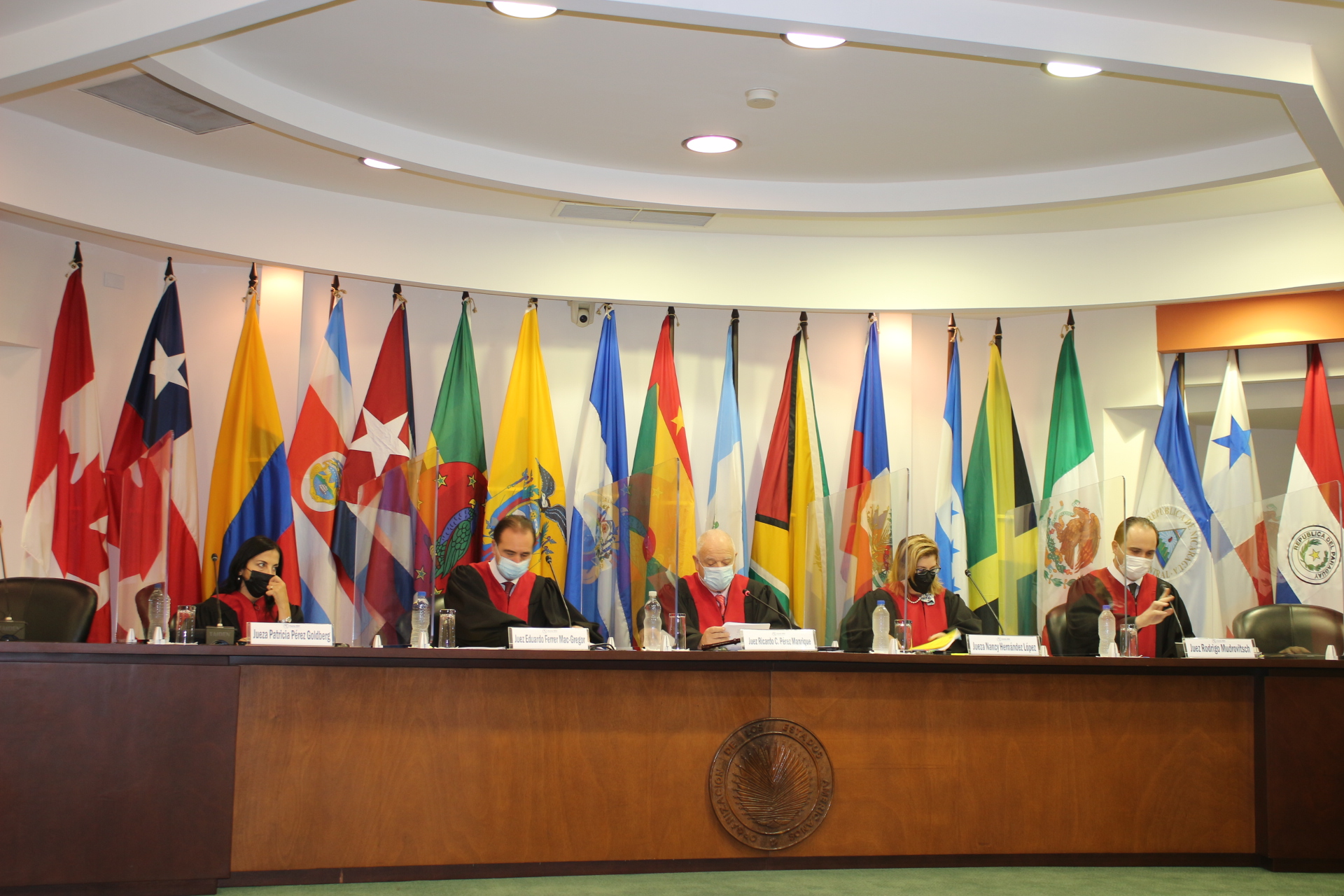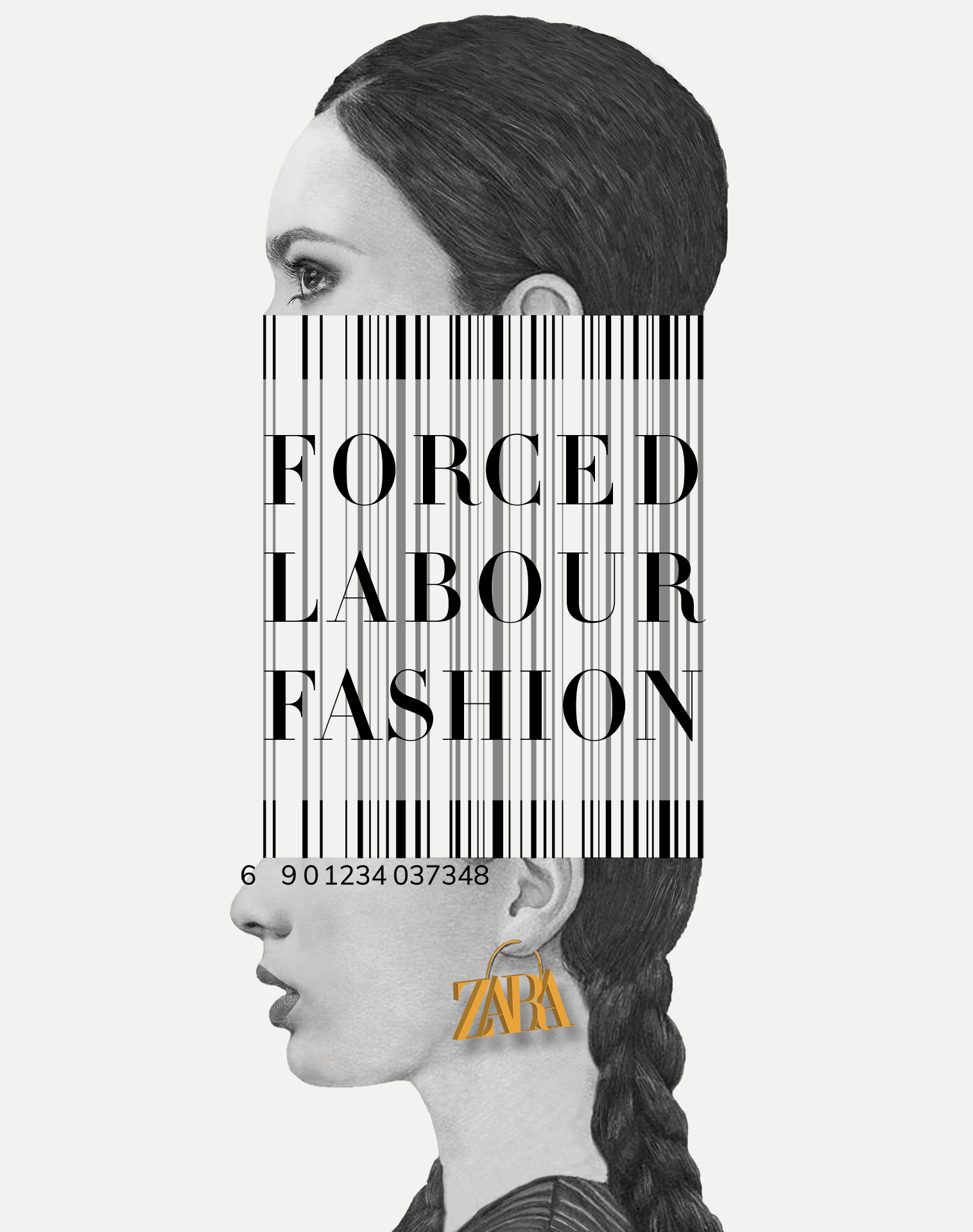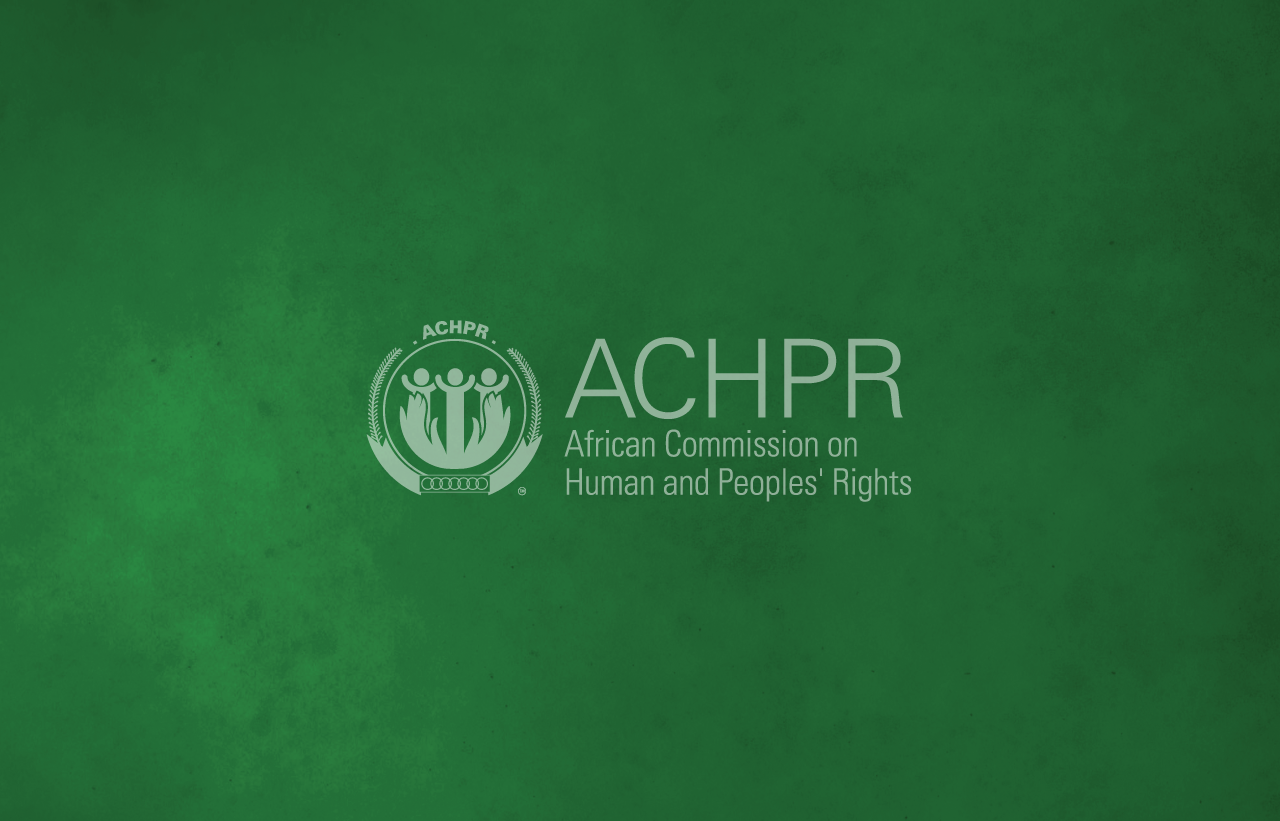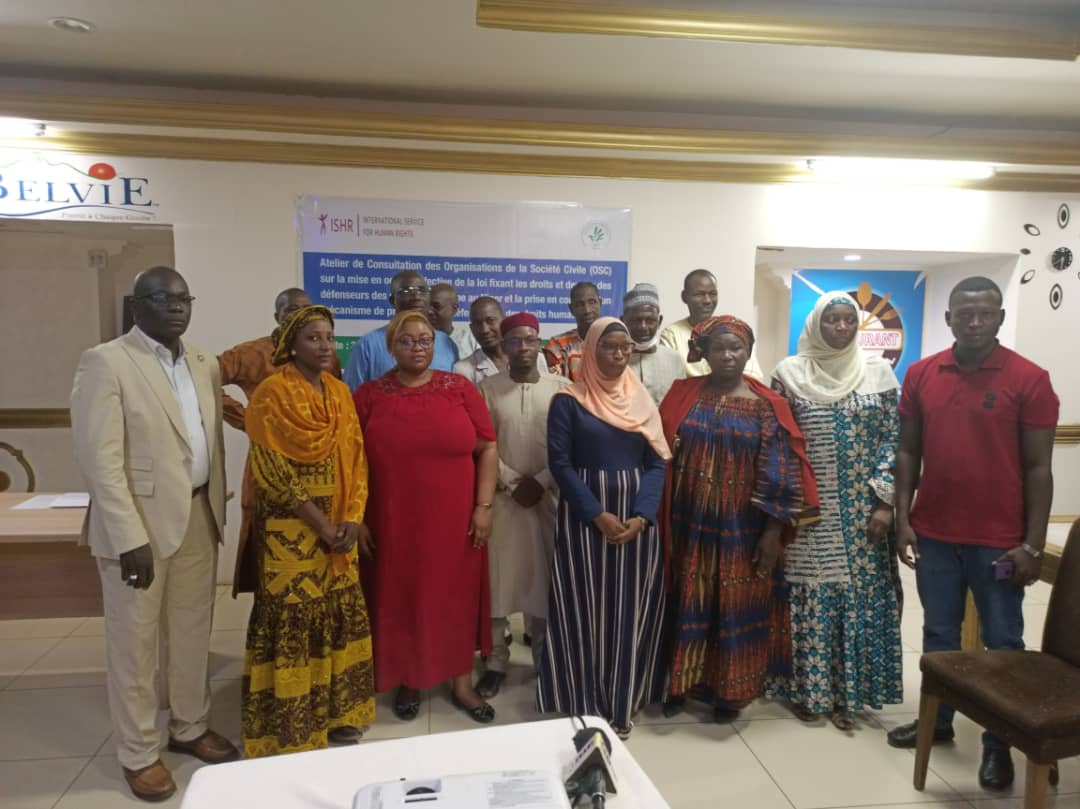The UN Forum, which begins today and will run online until 18 November, will bring together hundreds of experts in sustainability and human rights from governments, businesses, banks, NGOs and academia to discuss ‘strengthening prevention… to build a sustainable future for people and the planet’. Discussions are based on the UN Guiding Principles on Business and Human Rights, or UNGPs, which set standards for companies to respect human rights in their business operations and remedy human rights violations with which they are involved.
Such commitments from companies are important, especially when – like in China – governments play an active role in abuse.
According to Zumretay Arkin, of the World Uyghur Congress (WUC), ‘between 1.8 to 3 million Uyghurs and other Turkic peoples have been put in camps in China. Many of these camps are connected to cotton and clothing production facilities where Uyghur detainees are forced to work, which are major global sources of both cotton and clothing production.’
‘Virtually the entire clothing industry is potentially implicated’.
As Uyghur groups and human rights advocates have pointed out, this government repression makes operating in the Uyghur Region in accordance with the UNGPs a practical impossibility. Surveillance and heightened security measures mean that companies or auditors have no reliable means to get credible information about conditions in their supply chains. For those companies sourcing cotton or finished products from companies operating in the Uyghur Region, the only way to prevent Uyghur forced labour in their supply chains is to exit the Region.
Since July, 290 organisations from more than 35 countries – including WUC and ISHR – have supported a call on the global apparel industry to do just that: to disengage from the Uyghur Region in order to meet their corporate responsibility to respect human rights under the UNGPs.
Over the past year, the risks and overall operating environment have led to changes in behaviour by some private sector and multi stakeholder actors, including the Fair Labor Association, Better Cotton Initiative, and brands like H&M. But these voluntary efforts can only be the beginning. Corporations are increasingly facing legal requirements to engage in human rights due diligence; the EU is committed to introducing rules for mandatory corporate human rights and environmental due diligence, which will be discussed at this year’s Forum.
‘The UN Forum is precisely the kind of space where a discussion of due diligence in the Uyghur Region, including how to exit, should take place,’ says Sarah M. Brooks, the Asia advocate at the International Service for Human Rights. ‘But it’s not the only one.’
‘The G20, the OECD, and ministries and parliaments of every single government that takes business and human rights seriously should be addressing what companies must do to engage in human rights due diligence, including in the Uyghur Region.’
Uyghur communities and human rights groups around the world will continue to call for corporations to do their part in preventing human rights violations in the Uyghur Region. Governments should take concrete measures to regulate their companies’ business relationships in the region, such as mandating due diligence in line with the UNGPs, imposing import bans and requiring additional disclosure.
Finally, the UN should step up its role in monitoring and reporting on the situation in China, and the Uyghur Region specifically, and in holding those violating human rights to account.
Contact: Sarah M. Brooks at s.brooks[at]ishr.ch or @sarahmcneer
Image credit: @yettesu for the Coalition to End Forced Labour in the Uyghur Region




